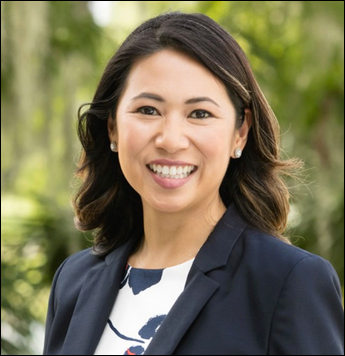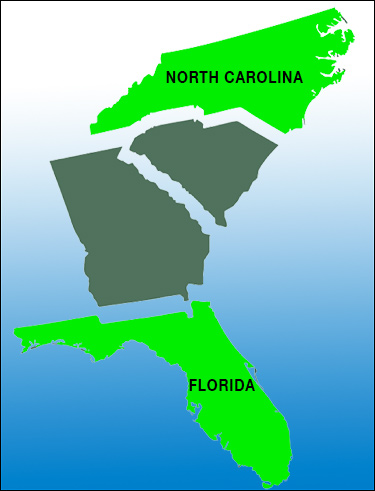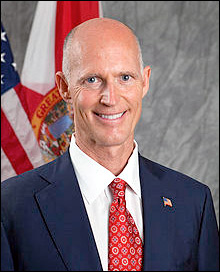By Jim Ellis
May 20, 2021 — Last week, a story from the Axios news site reported that Florida Rep. Stephanie Murphy (D-Winter Park) had made the decision to challenge Sen. Marco Rubio (R), and that Rep. Val Demings (D-Orlando) would run for governor. Those suppositions proved premature to say the least.Quickly, Murphy’s spokespeople denied that the congresswoman had made any final 2022 political decision. Simultaneously, Rep. Charlie Crist (D-St. Petersburg), a former Republican governor, announced that he would run for the Democratic gubernatorial nomination with the goal of challenging incumbent Gov. Ron DeSantis (R) next year. Both Rep. Demings and state Agriculture Commissioner Nikki Fried were then expected to soon follow suit and oppose Rep. Crist for the party nomination.
Politico broke a story Tuesday indicating that Rep. Demings had either changed her mind about running for governor, or the aforementioned Axios story drew the wrong conclusion. Certain supporters, including 2014 gubernatorial nominee Alex Sink (D), are now saying that Demings is a virtual certainty to challenge Sen. Rubio.
Since the 2012 election, Florida Democrats have won only one statewide race, and their record includes two gut wrenching losses of less than a percentage point after being predicted to win both times, so the state party now appears in disarray.
Several things could now be at work if assuming the Axios story about Murphy running for the Senate and Demings for governor was true at the time of publication.
First, Rep. Murphy has secured herself in the 7th District, and it is plausible that her seat will get more Democratic post-redistricting. It is very possible that she simply reconsidered giving up a relatively safe House seat in order to enter a statewide race against Sen. Rubio where she would be a considerable underdog.
Second, the Crist entry could be the wild card catalyst that influenced Rep. Demings to change course. Seeing an expensive Democratic gubernatorial primary developing against both Crist and Fried with no guarantee of victory, and then having to pivot into a race after the late August primary against incumbent Gov. DeSantis would, like Rep. Murphy, mean risking a safe House seat for a very uncertain political future.





